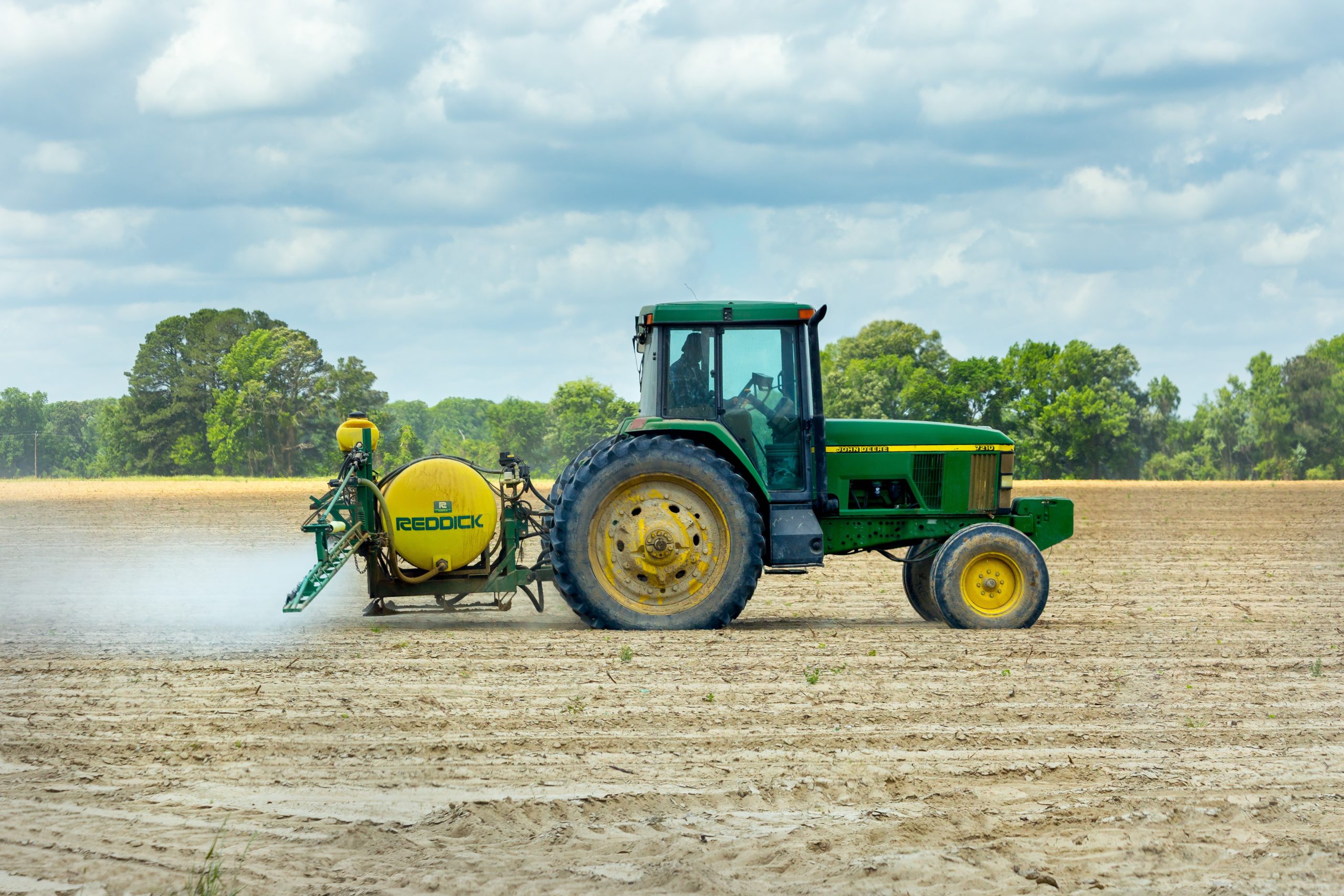The use of chemicals and natural products to protect and maintain crops and livestock is as old as the mass-ag industry. Historically, these practices can pose a threat to native ecosystems and surface water, particularly in Florida, where almost all drinking water comes from in-ground wells.
For those reasons, farmers must be aware of Florida law governing the use, disposal, and maintenance of pesticides and fertilizers. Generally speaking, the application and storage of these chemicals may have product-specific statutes (i.e. Florida’s Pesticide Law) and can fall under separate waste and wastewater disposal regulations at the federal and state level. Failure to abide by them may lead to civil and criminal exposure. This article focuses on Florida-specific statutes and law.
Pesticide Application
Chapter 487, Florida Statutes, a.k.a. the Florida Pesticide Law, discusses how pesticides must be applied. There are Best Management Practices promulgated by the Florida Department of Agriculture for the storage and preparation of these chemicals as well. Part of the Florida Pesticide Law also provides rights of action for agricultural employees exposed to certain pesticides.
Fertilizer Application
Fertilizer has its own Chapter within the Florida Statutes (Chapter 576) but its specific to fertilizer application companies and labelling of local fertilizer products. Florida more broadly has a Springs and Aquifer Protection Act that requires certain counties, and in turn its farmers and agribusinesses, to limit and monitor fertilizer use and runoff.
Waste and Wastewater Regulation
Pesticide and fertilizer can also cause groundwater pollution and may be subject to federal and state discharge permitting. Generally speaking, however agricultural water management systems are not required to obtain discharge permits. Essentially, as long as the water in an agricultural management system remains within that particular system (e.g., an irrigation operation), no permit is required. Once the water leaves that particular system, that discharge is then regulated, and the farming activity may be liable.
Following the FDACS Best Management Practices and being able to articulate what you’ve implemented will help you avoid liability. This includes recalibrating pesticide equipment, isolating and redirecting stormwater to retention ponds, and having fully enclosed storage structures for pesticides.
Overall, the State of Florida encourages, and it’s best practice to prepare, an Integrated Pest Management Program and Conservation Plan related to your use of fertilizers and pesticides in and around your water sources and irrigation systems. Essentially, if you ever hear from an environmental or agricultural department at the local, state or federal level, it’s best to have handy a guide or manual specific to your property to show how you maintain waste and minimize chemical discharge into Florida’s groundwater system.
Questions about Pesticide and Fertilizer Liability? Let’s chat. Contact us at contact@groveslaw.ag to schedule a consultation.
Because we’re attorneys: This blog post is provided on an “as is” and “as available” basis as of the date of publication. We disclaim any duty to update or correct any information contained in this blog post, including errors, even if we are notified about them. To the fullest extent permitted by law, we disclaim all representations or warranties of any kind, express or implied with respect to the information contained in this blog post, including, but not limited to, warranties of merchantability, fitness for a particular purpose, title, non-infringement, accuracy, completeness, and timeliness. We will not be liable for damages of any kind arising from or in connection with your use of or reliance on this blog post, including, but not limited to, direct, indirect, incidental, consequential, and punitive damages. You agree to use this blog post at your own risk. Regarding your particular circumstances, we recommend that you consult your own legal counsel (hopefully Groves Law).

